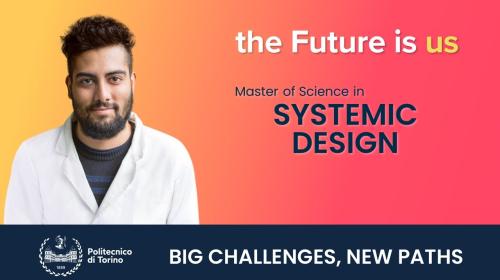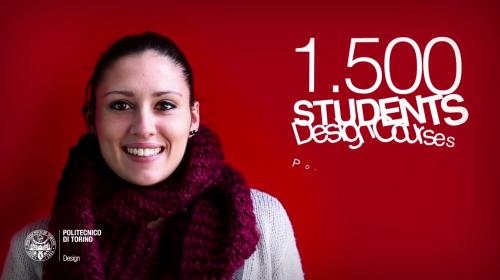The programme is divided into 4 learning areas corresponding to four interdisciplinary laboratories:
- Product components: you will explore the issues associated with the development of new complex products that are designed based on the skills of professionals in the field of open design and digital production systems, both traditional and modern. You will define new manufacturing paradigms on a small local scale – typical of Makers and Fablab environments – and you will design physically and digitally interconnected products.
- Innovation: you will deal with technical-manufacturing innovation, at a social and economic level, in relation to changes and evolutions that have occurred in different sectors of society. You will explore multi-level innovation with regard to products, processes or services, designed to ensure results and benefits not only for the organization but for the entire community.
- Virtual design: you will explore the interaction with a product, a tool or a complex digital service, with particular attention to the key paradigms of Interaction Design and User Experience, starting from simple and daily one-click interactions of the web or apps, passing through the command and control of complex systems such as, for example, automotive or aeronautical interfaces, up to automation management.
- Open systems: you will learn about sustainable industrial production, following specific steps, inspired by the methodological principles of Systemic Design. This approach starts with an holistic survey of the territory and the businesses involved in order to evaluate the effects of a systemic re-design that enhances local value chains. You will learn how to design an open, circular and autopoietic system based on the relationships between local stakeholders with a “zero emissions” goal.
At the end of the programme, you will have to pass a final examination which requires you to apply the knowledge acquired during the various courses and laboratories.
Furthermore, for each learning area you will:
- develop a design work under the supervision of a design professor (with the disciplinary contribution of the various courses and with periodic assessments based on shared discussion). You will gain in-depth general culture in your thematic courses.
- take part in a final seminar where you will present the results of your work to the public.
The Master’s degree programme is taught both in Italian and English.
You will take part in face-to-face lectures, group work, laboratories, practical classes in computer and real modelling labs. You will present and discuss graphic projects of real and/or virtual models.
Industries, businesses, professional services firms and other institutions working in the field of System Design strongly contribute to teaching. This will allow you to experience the world of work.


